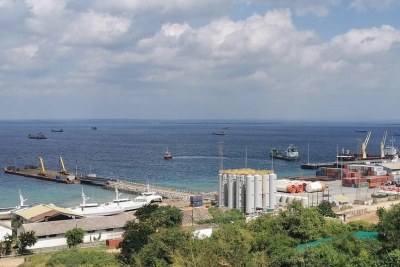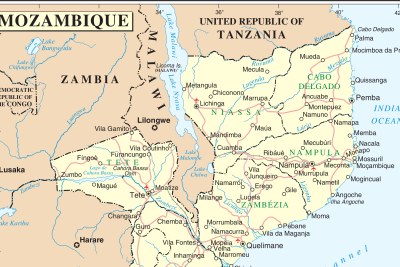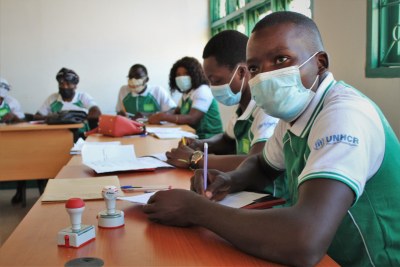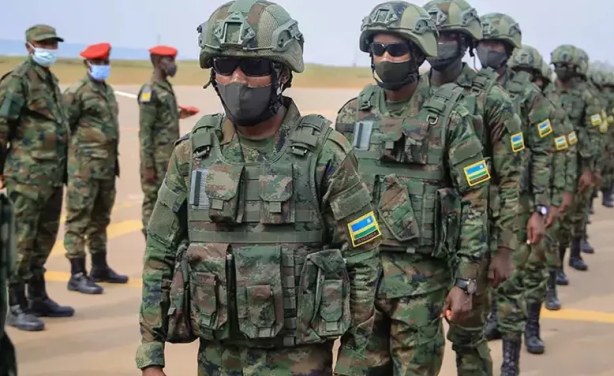-
Mozambique: Rwanda's Troops in Mozambique Have Done Well to Protect Civilians - The Factors At Play
The Conversation Africa, 27 November 2023
Rwanda's involvement in peacekeeping operations for the United Nations (UN) and African Union (AU) has increased since 2004. Read more »
-
Mozambique: Nyusi Believes Mozambique Showed Its Experience in Building Peace As a Security Council Member
AIM, 20 November 2023
Mozambican President Filipe Nyusi believes that the country, as a non-permanent member of the United Nations Security Council (UNSC), had the opportunity to show its experience in… Read more »
-
Mozambique: 'Foreign Forces' Working Against Frelimo, Claims Political Commission Member
AIM, 20 November 2023
Mozambicans who oppose the ruling Frelimo Party are agents of foreign forces, according to Frelimo Political Commission member Damiao Jose, cited in Monday's issue of the… Read more »
-
Mozambique: - Nyusi Challenges Security Forces to Defeat Terrorists in Cabo Delgado
AIM, 16 November 2023
Mozambican President Filipe Nyusi has challenged the Defense and Security Forces to stay focused and not be distracted by propaganda messages from the self-styled "Islamic State'… Read more »
Are Rwandan Troops in Mozambique Doing Well to Protect Civilians?
Rwanda's involvement in peacekeeping operations for the United Nations (UN) and African Union (AU) has increased since 2004. The relatively small east African nation is Africa's most active troop-contributing country and the fourth most active worldwide.
It has nearly 6,000 soldiers and police committed to UN peacekeeping missions. In recent years, however, Rwanda has deployed its army independently of the UN or AU. In 2020, it sent 1,000 troops to fight anti-government rebels in the Central African Republic. A year later, it sent soldiers to deal with jihadist militants in northern Mozambique, and now has 2,500 troops there.
These two missions aim to confront and eliminate armed enemies of the host state. The operations - which aren't under the UN and AU protocols - raise questions about the conduct of Rwanda's army and its counterinsurgency doctrine. Specifically when it comes to avoiding civilian casualties, Ralph Shield writes for The Conversation.
Cabo Delgado remains deep in crisis almost five years after extremist violence began in the region. Since October 2017, Cabo Delgado has come under attack by militants - causing death of more than 3,000 people and displacing over 850,000 others - leading to a humanitarian crisis. The attacks - many of which were accompanied by atrocities - included beheadings and the destruction of public and private infrastructure.
InFocus
-
The Italian Energy Company ENI, which currently exports liquefied natural gas (LNG) from Area 4 of the Rovuma Basin off the coast of the northern Mozambican province of Cabo ... Read more »
-
Swiss President Alain Berset will visit the troubled Cabo Delgado province this week during a trip to Mozambique and Botswana. His visit comes in the year Switzerland assumed Read more »
-
As thousands of Mozambicans displaced by the war in the northern Cabo Delgado province return home, the prospects of aid to address the under-development which has fuelled the ... Read more »





